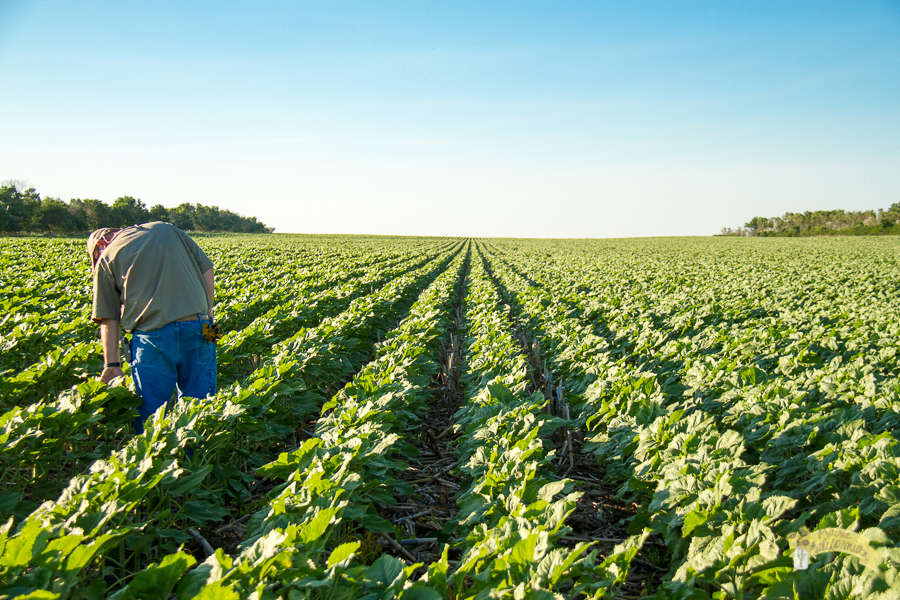
What's an agronomist?
An agronomist is a specialist who applies scientific expertise and tactics to the administration and production of crops. Agronomists work in a number of settings, from farms and ranches to government organizations and private organizations. They may also get the job done in research laboratories or teach at colleges and universities.
Most agronomists have at the least a bachelor's degree in agronomy or maybe a connected industry, like agricultural science or soil science. Quite a few agronomists also have master's degrees or doctorates. The exact nature of the agronomist's occupation will depend on his or her specialty and employer.
Agronomists Perform a significant function in guaranteeing that crops are healthier and productive. They use their familiarity with plant science to establish ways to boost crop production, fight pests and diseases, and conserve water and various resources.
The function of an agronomist
is to help the earth meet its expanding food generation requirements. In accordance with the U.S. Bureau of Labor Figures (BLS), employment for agronomists is predicted to increase faster than average, with openings on account of advancement and replacement needs.
The work of an agronomist
is demanding and fulfilling, with agronomists normally being involved in research and training.
The training of the agronomist
Agronomists will need at least a bachelor's degree in agronomy or associated field from an accredited university.
The future of agronomy
Agronomists help more info to make sure that the entire world's population has ample food items, they usually do the job to further improve crop yields and decrease agriculture's impact on the ecosystem. The BLS claims that agronomists more info are in demand, but Competitiveness for Work is likely to be strong.
Conclusion
Agronomists are concerned with the analysis of crops, they usually do the job in many different fields, from agricultural investigation to boosting crops. Agronomists are necessary to make certain that crops are produced for consumption, but Additionally they help create biofuels as well as other plant-based products.